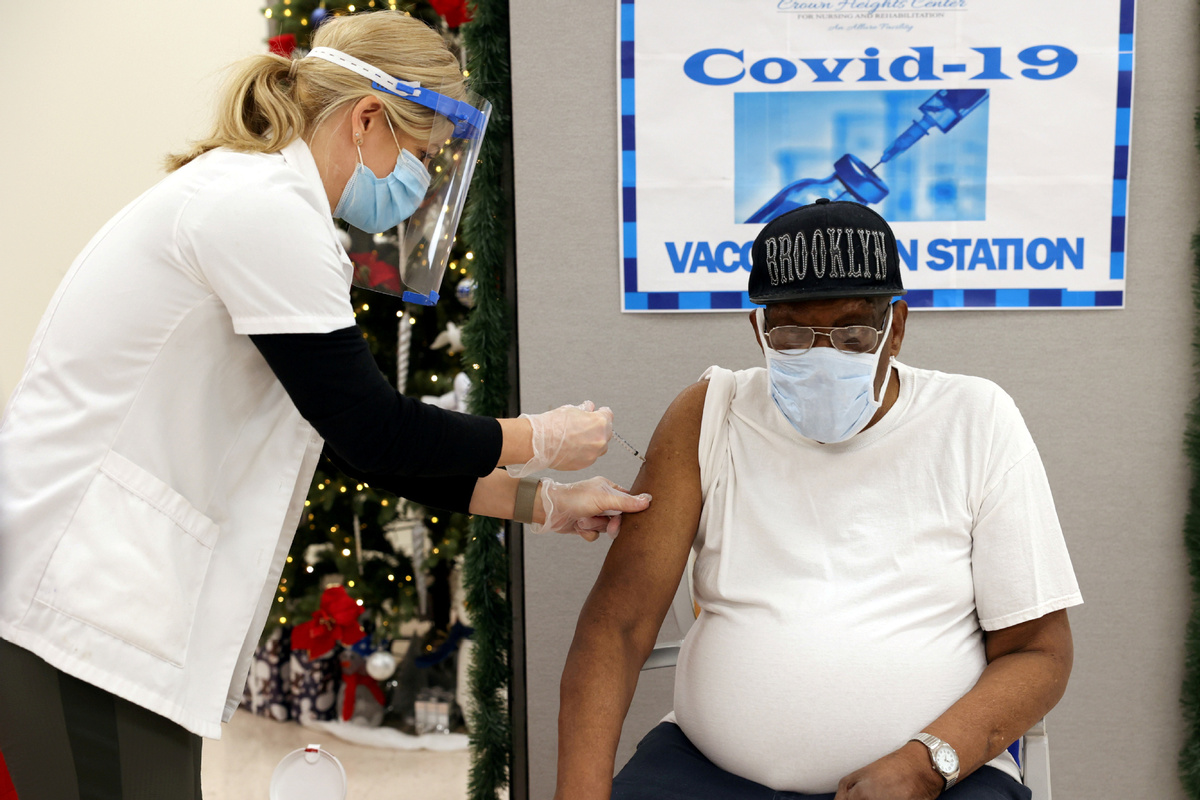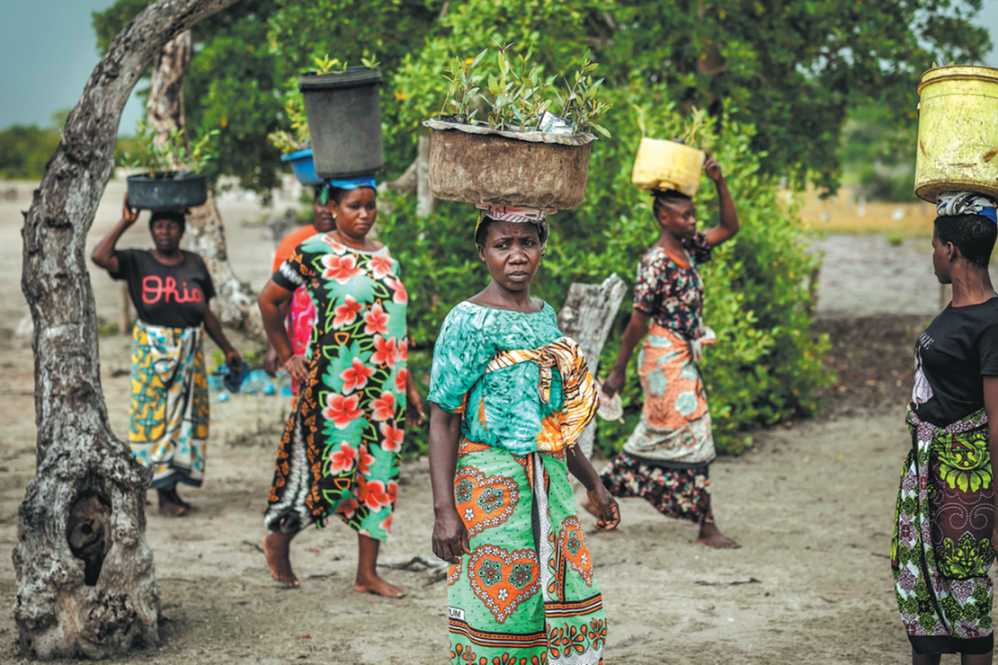NPR: US life expectancy drops by 2 yrs due to pandemic


A new study estimates that life expectancy in the US dropped by nearly two years between 2018 and 2020, largely due to the COVID-19 pandemic, NPR reported on Wednesday.
The declines were most obvious among minority groups, including Black and Hispanic people.
In 2018, average life expectancy in the country was about 79 years (78.7). It declined to about 77 years (76.9) by the end of 2020.
"We have not seen a decrease like this since World War II. It's a horrific decrease in life expectancy," said Steven Woolf of the Virginia Commonwealth University School of Medicine and an author of the study released on Wednesday.
The study published in the British Medical Journal is based on data from the National Center for Health Statistics and includes simulated estimates for 2020.
Besides the more than 600,000 deaths in the US directly from the coronavirus, other factors also contribute to decreased longevity, including "disruptions in healthcare, disruptions in chronic disease management, and behavioral health crisis, where people struggling with addiction disorders or depression might not have gotten the help that they needed," Woolf said.
Some Americans were hit harder than others by the lack of access to care and other pandemic-related disruptions.
It's been well-documented that the death rate for Black Americans was twice as high compared with white Americans.
The disparity is reflected in the new longevity estimates. "African Americans saw their life expectancy decrease by 3.3 years and Hispanic Americans saw their life expectancy decrease by 3.9 years," Woolf pointed out.
"These are massive numbers," Woolf said, that reflect the systemic inequalities that long predate the pandemic.
"It is impossible to look at these findings and not see a reflection of the systemic racism in the US," Lesley Curtis, chair of the Department of Population Health Sciences at Duke University School of Medicine, told NPR.
"This study further destroys the myth that the United States is the healthiest place in the world to live," Dr. Richard Besser, president of the Robert Wood Johnson Foundation, said in an email.
He added wide differences in life expectancy rates were evident before COVID-19.
"For example, life expectancy in Princeton, NJ—a predominantly White community—is 14 years higher than Trenton, NJ, a predominantly Black and Latino city only 14 miles away," Besser said.
Life expectancy in the country had already been reducing—albeit slowly—in the years leading up to the pandemic. The US has been losing ground compared with other wealthy countries, said Magali Barbieri of the University of California, Berkeley, in an editorial published alongside the new study.
The study estimates that the decline in life expectancy was 0.22 years (or about one-fifth of a year) in a group of 16 peer countries and regions (including Austria, Finland, France, Israel, the Netherlands and the United Kingdom) compared with the nearly two-year decline in the United States.
"The range of factors that play into this include income inequality, the social safety net, as well as racial inequality and access to health care," Duke's Curtis said.

































